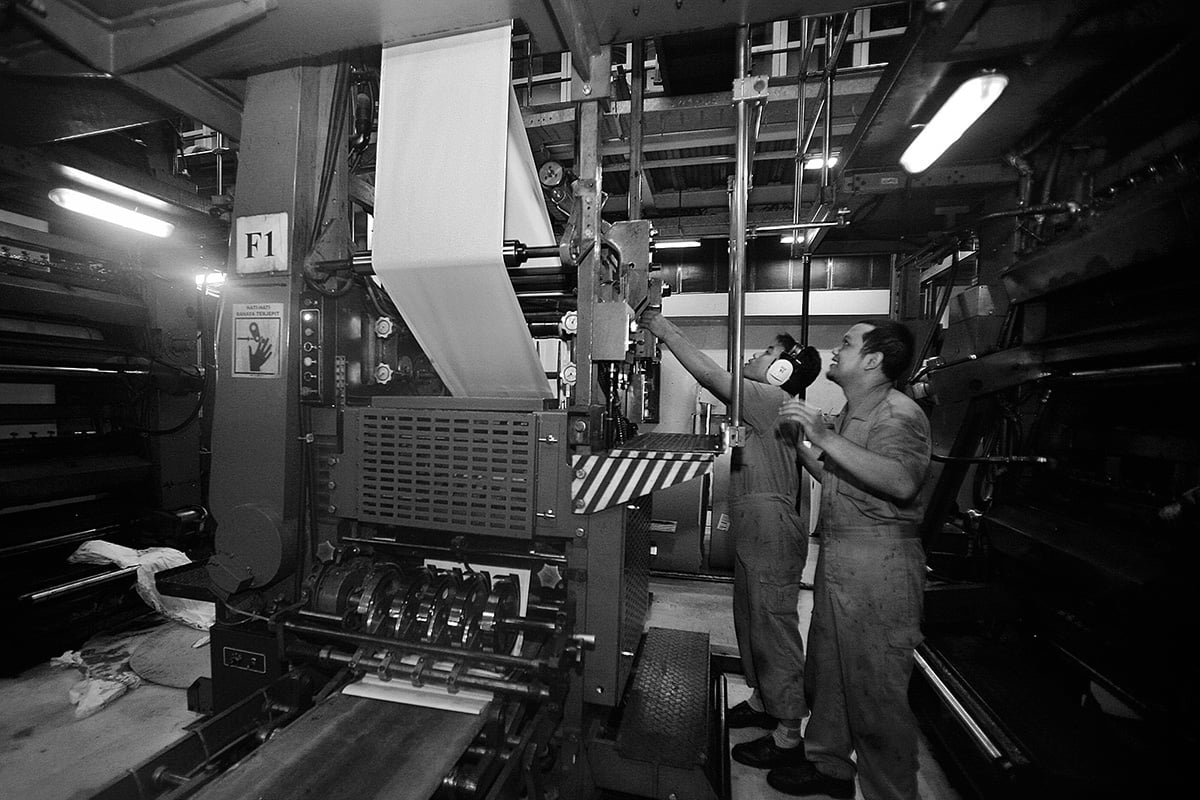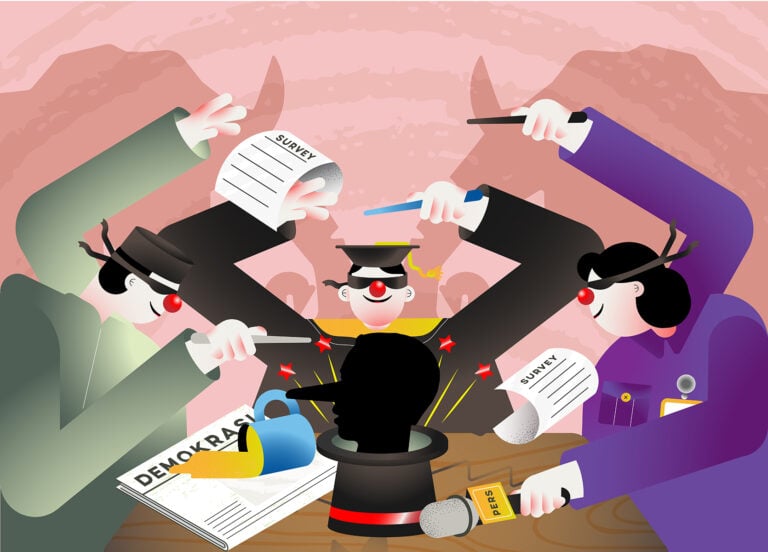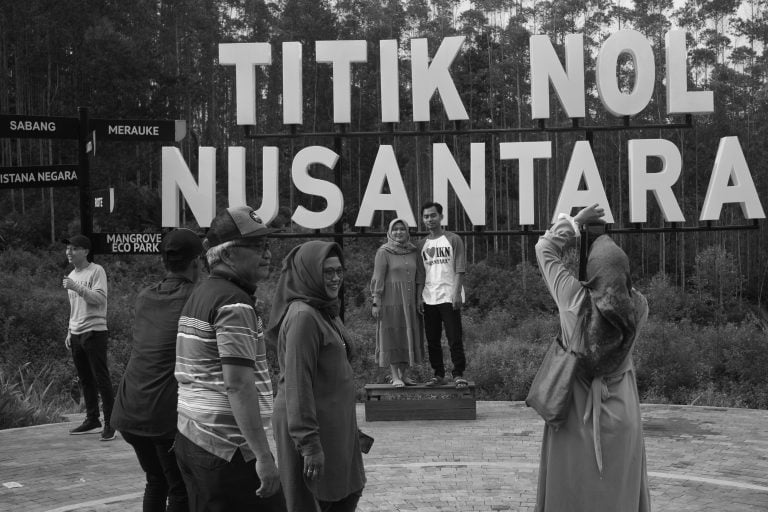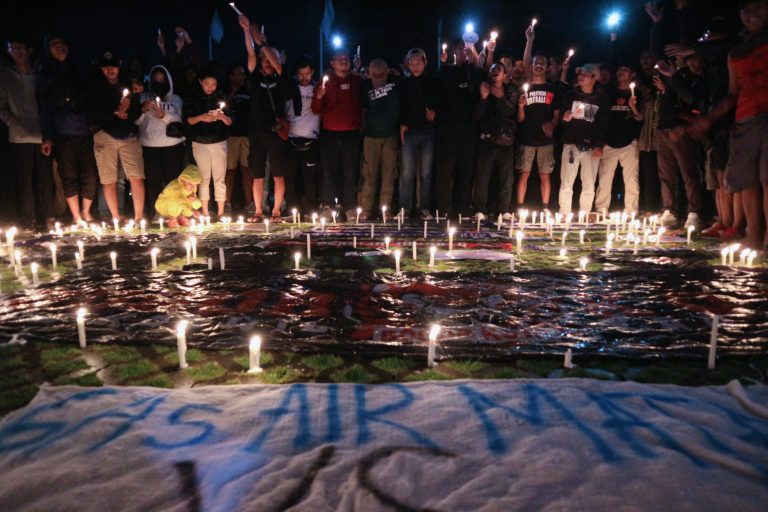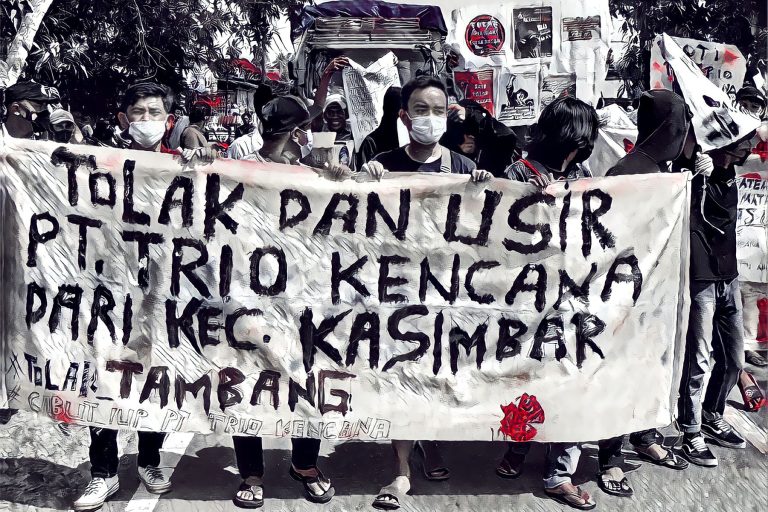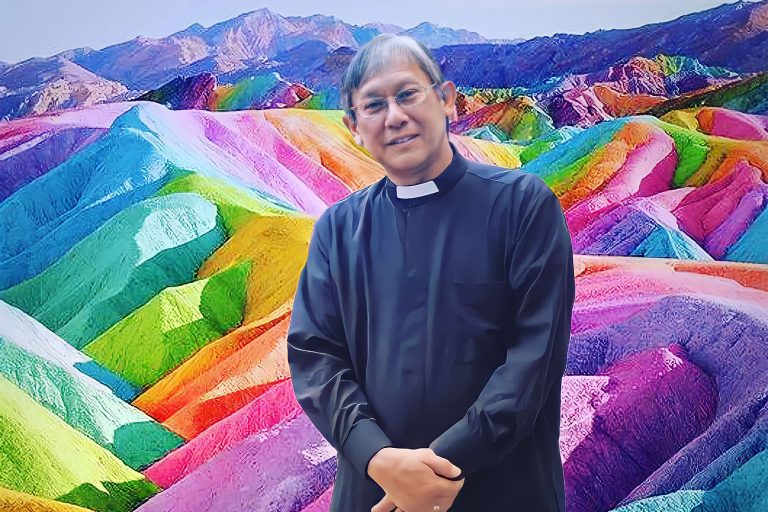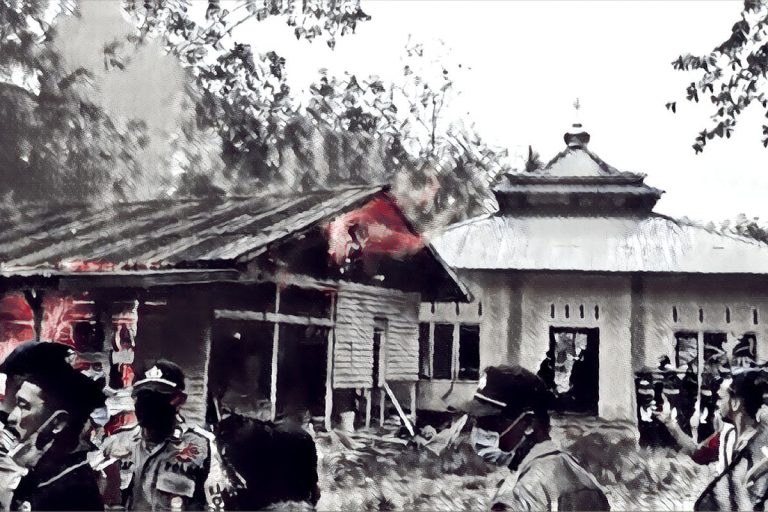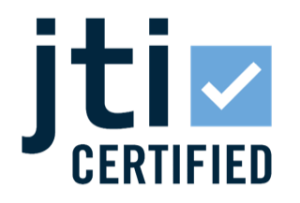Every day I wake up, drink some coffee, connect to the internet and find that so many things are wrong in the world. Maybe you do, too. I hope so–this way I won’t feel alone.
Every day and everywhere–in Myanmar, Palestine, and Papua, as I write this–people are being killed. Meanwhile others online argue about who’s to blame. Every day, people who are part of religious, sexual, or racial minorities continue to be marginalized–while those who are more powerful try to limit the freedom of those who believe in different ideologies.
Away from the public eye, women bear great burdens while suffering in silence: domestic violence, sexual violence, working hard to make ends meet while raising children, and sacrificing their dreams.
Every day, there are people who have to defend their livelihoods against what has been called “national strategic programs.” Maybe, you–like me–are convinced that this has not been not fair. Public projects should not just enrich certain people while leaving others impoverished. People must strive for social justice.
Every day on the news, we hear about how the powerful people who make decisions and control our lives are incompetent or unfair. Maybe you also read news that you think has been biased against marginalized people. Today, for example, I saw several media outlets praising the “outfit of the day” of a male celebrity who was accused of–and admitted to–sexual harassment.
So many things are wrong in this world. What can I–we–do?
I am fortunate that I am a journalist. While I’m neither rich nor powerful, as a journalist I have some privilege. People say the pen is mightier than the sword. So I ask myself: with this pen I hold, what can I do?
Do I use it to document events, from a comfortable distance, to be published? Or do I use this pen to narrow the inequality gap, ensure the sustainability of the planet, fight corruption, hold power accountable, and create safe spaces for victims?
More than a dozen friends and I initiated Project Multatuli, a public service journalism initiative. We are writers, videographers, editors, photojournalists, data journalists, digital campaigners, and business managers who believe that good journalism can make changes and have an impact.
To ensure that our first allegiance is to the public, we will not look for money from the oligarchs, who, according to researchers, have dominated the media industry in Indonesia. Neither will we seek funding from venture capitalists, because we learned from sources that venture capitalists try to maximize profits by pushing newsrooms to produce as many links as possible, and to net as many clicks as possible from each link.
We don’t want to add to the information clutter to enrich investors who likely do not care about good journalism. This market-driven approach has produced horrible journalism that often triggers anger in many people. Such journalism also doesn’t care much about the public interest.
I’m not saying that there is no commendable work born out of journalism that depends on oligarchs or the market. For almost 20 years, I worked for a media outlet that was supported by a rich, politically wired family that used the market-driven formula to survive and grow. I’m not ashamed of my work at The Jakarta Post. I’m proud. We received several prestigious awards in 2020.
But when the pandemic hit The Jakarta Post and the owners released about 70 people from the newsroom, I decided to turn a new page. From a newsroom that once topped 100 in Palmerah, Jakarta, I opened the door to the outside world and learned more about global journalism, and Indonesian journalism specifically.
When structural injustice unfolds right before our eyes, what can journalism do? Is journalism that sits from a comfortable distance still relevant today?
There is an ample room for improvement in Indonesian journalism to allow it to really serve the people. I’m lucky that I am not alone. I encountered many people, each on their own journey, who saw the same thing. We spoke the same language. We hit it off immediately. In less than six months, we built Project Multatuli.
Along the way, we agreed that this initiative had to be an open-minded venture that would collaborate with like-minded people who wanted to change the world together.
We believe journalism should listen more and involve more people, including the audience. This is the kind of work we must do today, when the global political economic system is increasingly revealing its festering wounds (or faults?).
So many things are wrong today. But we–you–are not alone.
The writer is a co-founder and the chief editor of Project Multatuli

